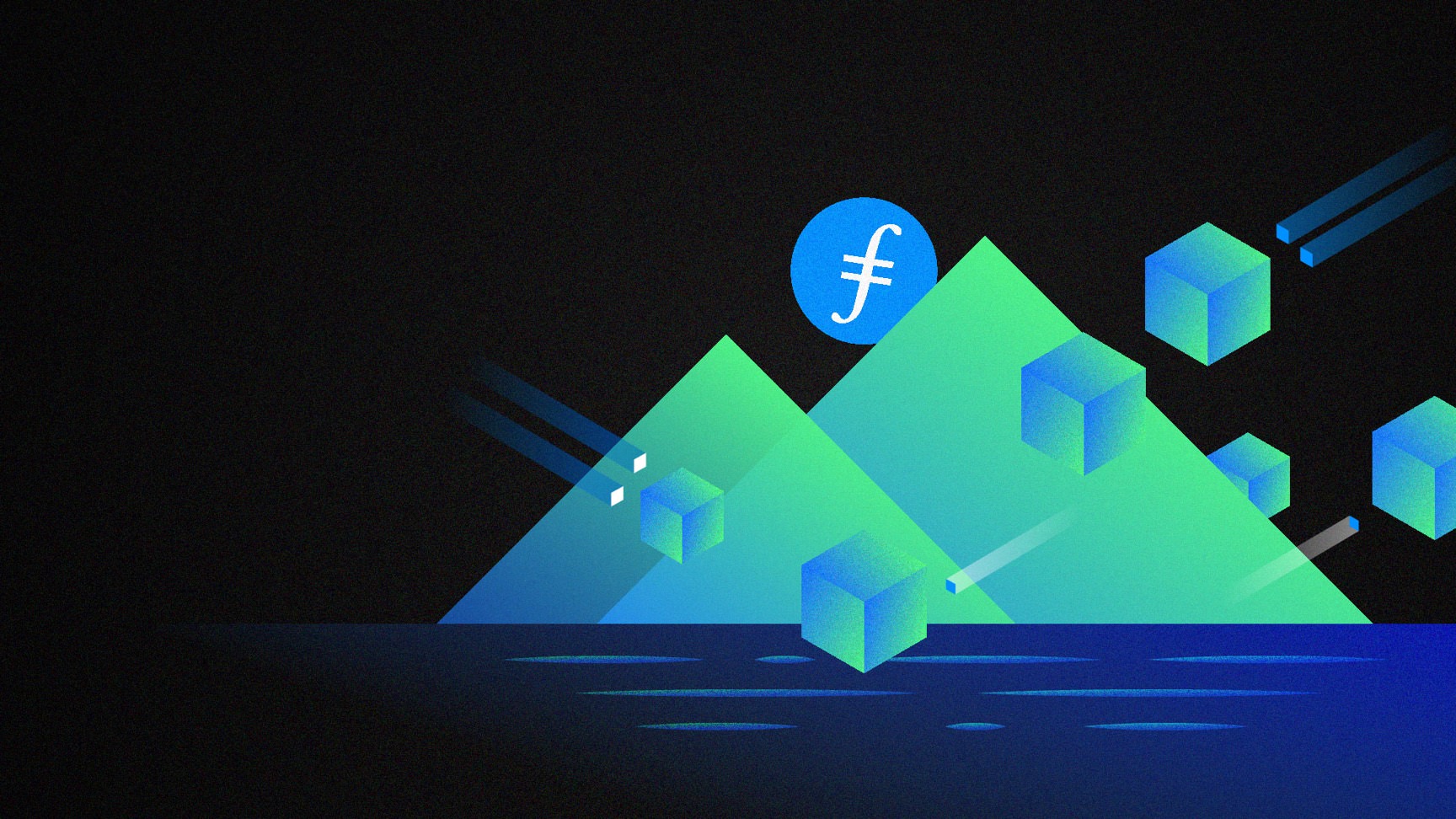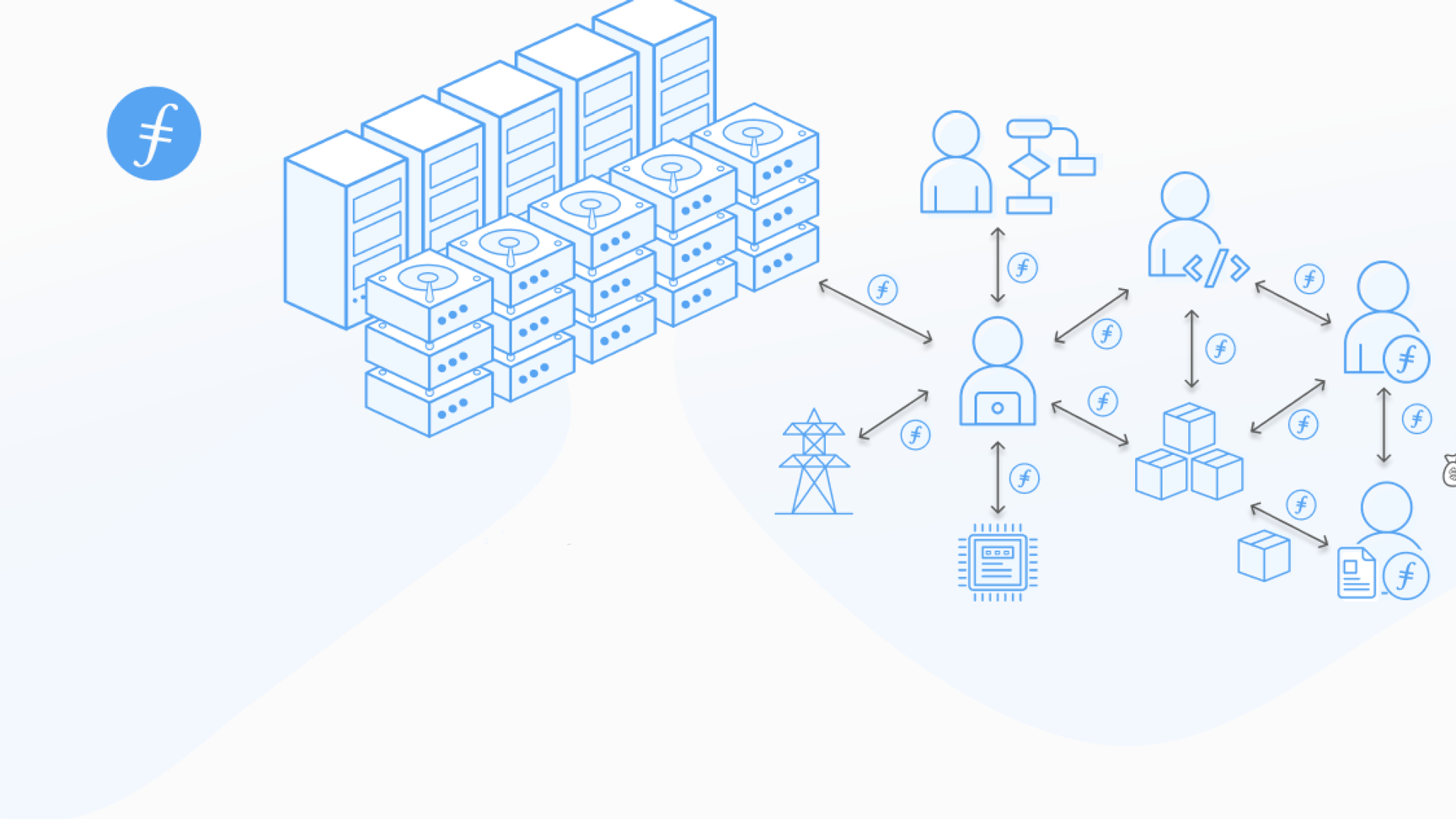Filecoin’s “Island Economy”
Within the Filecoin community, you’ll hear the term “island economy” thrown around often. What precisely does it mean, and how does it apply to Filecoin? In a nutshell, an island economy is an economy within an isolated area (physical or virtual) in which you can survive, and thrive, without having to do all the work yourself.
Division of labor is a well-understood concept that shows up in even isolated regions of the world. As a member of a group, ideally you wouldn’t be spending all your time foraging for food, for example. You’d participate, but having others helping would of course make the work easier. In the end, everyone benefits. A similar approach works when understanding the “Filecoin Island Economy.”
The Filecoin island economy displays the same division of nature that isolated island societies demonstrate. Naturally, this analogy needs a little explaining. Filecoin is a complex system consisting of a protocol, the underlying blockchain, and a cryptographic token that deals with the holding and transfer of value among the participants of the economy.
The real beauty is how elegant the complexity is: everything connects into one extensive ecosystem working for change. Filecoin’s economy is more like island life than you think.
The Island Analogy
Several parts of the internet have referred to Filecoin’s system as an island economy, referring to how a village on an island separated from the rest of the world works. From an anthropological standpoint, it’s somewhat accurate.
Human beings tend to behave in a way that will net them the most benefit. In the Filecoin economy, none of its stakeholders would reap the system’s rewards unless all parts of the system function as expected. This understanding leads to every stakeholder having an interest in the health of the economy.
It is this idea that underlies the cryptoeconomic incentives of most blockchain applications, i.e. the only way for a decentralized system to scale securely is if acting in your own best interest is simultaneously acting in the network’s best interest.
Filecoin’s economy starts with the understanding that value drives innovation. Filecoin has a handy representation of that value in the FIL token. These tokens are stores of value transferred among members of the island to pay for goods and services. New tokens are “found” on the island from time to time, ensuring that the tokens remain scarce enough to be used as a currency, but ensures its use as a store of value.
The blockchain enforces ownership and offers a method for exploration and innovation within the space. Innovators are rewarded when they produce efficient, effective systems for dealing with the blockchain. This reward comes in both FIL tokens and a service that can be sold to clients who want to leverage decentralized storage for their applications.
Stakeholders in the Filecoin Island Economy
The interconnectedness between stakeholders in Filecoin’s economy helps create a stable, self-sustaining system, just like an island isolated from the rest of the world. Stakeholders must each perform their role to ensure the health and longevity of the system. These stakeholders fall into one of five categories:
- Clients: These are the people who interact with the system, validate the existence of applications, pay for storage on the blockchain or tokens to hold onto, and explore the use-cases that the economy offers.
- Storage Providers: These individuals provide storage to clients, but they also improve and test the protocol and buy and sell tokens. They’re responsible for ensuring that the system remains efficient.
- Developers: Without a way for clients to interface with the storage that Filecoin provides, there would be no reason for the protocol to exist. Developers provide context, giving clients a way to interface with the back-end of the blockchain seamlessly. They improve and test the protocol and receive funding to ensure the protocol remains robust. This investment also creates new products that validate the protocol and provide a more accessible way for clients to interact with the internal system.
- Token Holders: These are the individuals who buy and sell tokens with all other ecosystem members. They are the backbone of the economy and ensure that value keeps circulating. Since everyone within the ecosystem needs these tokens to perform actions on the chain, there’s always a ready market. The price fluctuates based on demand, so the better that the rest of the stakeholders are at their job, the more benefit these individuals receive. It’s important to note that token holders typically fall into one of the other groups described here — so it’s in their best interest to ensure that they do their job well.
- Ecosystem Partners: Ecosystem partners are the investors that spend money to develop solutions that keep Filecoin at the forefront of global decentralized storage. They fund and support developers, and buy and sell tokens on the open market, just like other users. They usually only fund projects that have a practical application, however, since they want to boost the platform’s usability.
The value within the island economy circulates to each of these individual groups via the FIL tokens.
A Better System Than What Exists
Islands can be idyllic, but it would be a mistake to think of them as completely isolated from the rest of the world. Sure, they’re surrounded by oceans and are cut off from land trade routes, but they are also part of a global economy.
The same can be said of Filecoin. All of the stakeholders come together to generate value within the island. This value generation leads to those who aren’t on the island realizing the potential and wanting to be part of this development.
Prospective clients interface with current clients, becoming exposed to the idea of joining the island economy. Developers provide easy-access services abstracting the nuts and bolts of interfacing with Filecoin’s systems. A client could rely on an intermediary to help them deal with the complexities of content IDs and data retrieval from the redundant storage providers.
What Goes Around Comes Back Around
Blockchain came to prominence in 2008 with the creation of Bitcoin, but the idea of having a decentralized financial system goes further back into the past. One of the first recorded implementations of a decentralized financial system comes from an island in the Pacific called Yap.
Filecoin’s island economy harkens back to these humble beginnings, but with a 21st-century spin. Working alongside other stakeholders, but with understanding of the value of each contribution, allows the Filecoin economy to thrive and grow.
Filecoin’s island economy isn’t a banana republic; instead, it’s an enterprise dedicated to capitalizing on human nature instead of fighting against it. If anything, Filecoin’s island economy perfectly represents what could happen when value motivates individuals.




